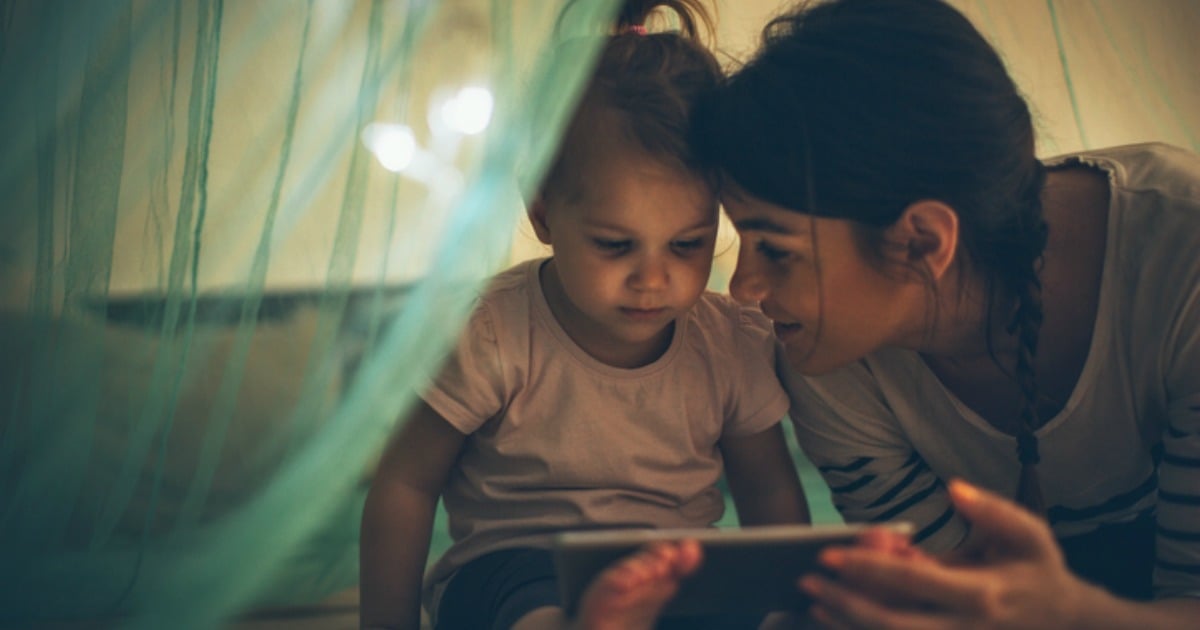
Yes, only children are different from children who grow up with brothers and sisters. Science has proven it. But there’s good news and bad news.
A team of Chinese researchers, led by Junyi Yang, carried out a study involving hundreds of university students – half of them only children, half of them not.
They were tested on their creativity, by being set tasks like coming up with new uses for cardboard boxes. Then they had to answer a questionnaire about their personality. Their brains were also scanned.
Watch: Things mums never say, like, “I love it when my kid draws in crayon on the wall.” (Post continues after video…)
The only children performed better on the creativity tasks. They also turned out to have more grey matter in the supramarginal gyrus of their brain. This region of the brain is believed to be linked to mental flexibility and imagination.
The findings held true even when parental income and education were taken into account.
The researchers believe the boost in creativity could be due to only children getting more one-on-one attention from their parents, and perhaps also their parents having higher expectations for them.
Now for the bad news. The only children scored lower on “agreeableness” – in other words, getting along with other people. Tying in with that, they had less grey matter in the medial prefrontal cortex, a region of the brain linked to thinking about the self in relation to others.

